How This Family of 7 Live Off-the-Grid in Northern British Columbia

Jeff, Rose, and their five daughters decided to become an off-the-grid family in order to pursue their dream of owning land and being debt-free. In this video, they show how to live off the grid with a family:
The couple bought their 40-acre forested land in British Columbia in 2011. It provides the family with electricity, heat, water, and most of their food. This off-the-grid family built their house around a cedar post they stuck in the ground—avoiding the need for a concrete foundation—and used locally-sourced timber and log rafters, which they cut themselves.
The house is wrapped in plywood and foam insulation, and all together cost less than $25,000 to construct. The large south-facing windows provide plenty of sunlight in winter without getting too hot in the summer.
The 9,688-square-foot house has an open living/kitchen/dining area with a wood-burning stove in the center, which heats up water both for drinking and washing. The multipurpose table is part dining table, part cooking surface, and part homeschool work desk.
This off-grid house doesn’t have indoor plumbing; there’s a sawdust compost toilet that is emptied when it gets full. The family collects up to 900 gallons of rainwater and carries the water to their house in buckets.
Their Berkey water filter filters out both solid material and bacteria. The graywater from their sink and shower goes to a shallow drainage field in the yard.
This family living off the grid started off with a single solar panel with 12 volts for LED lighting and phone chargers. However, after a few years, they switched to a 2.5-kilowatt solar energy system to allow for electric appliances such as a fridge, deep freezer, and washing machine. These appliances are essential for raising a large family!
Their current solar power system provides them with all they need for most of the year; though sometimes they run their backup generator during extended cloudy or snowy periods. Generally, their backup generator runs for less than 40 hours a year, though they keep a backup charger in case they need to run it for longer.
Although keeping their road clear can pose a challenge when they get 5-6 feet of snow in the winter, Jeff, Rose, and their family express no regrets about living off-grid in Canada.
Off-the-grid family of 7
They love that in addition to homeschooling, their daughters are getting an education in the school of life with all of the varied activities that off-grid British Columbia has to offer, from taking walks in the woods, to fishing and swimming in the river, to riding horses.
Their story shows just how much fun living off the grids with kids can be.
Follow Simplify for more off-grid home ideas.
To see more videos, check out the Exploring Alternatives YouTube page.
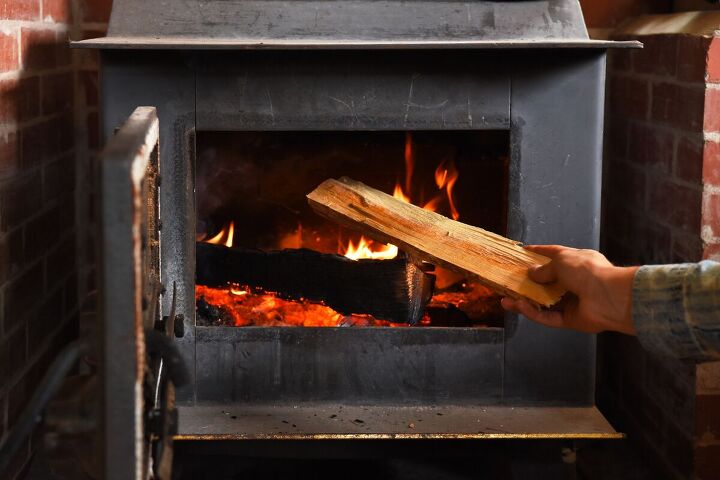
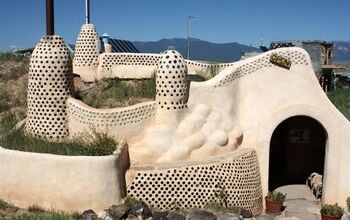
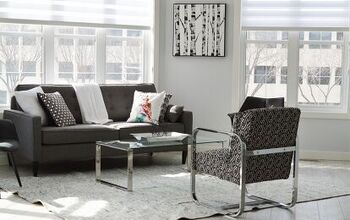
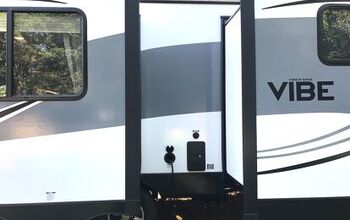








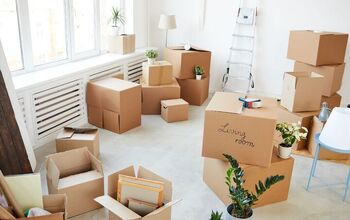
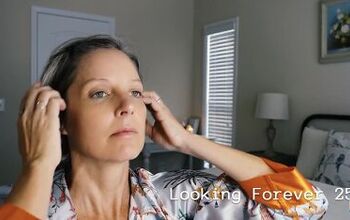
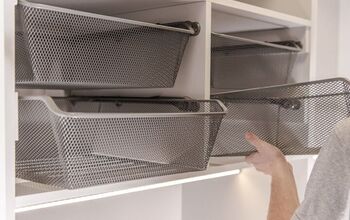

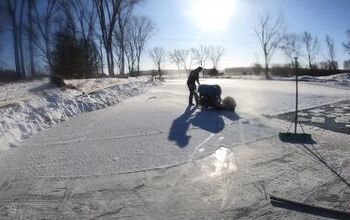


Comments
Join the conversation